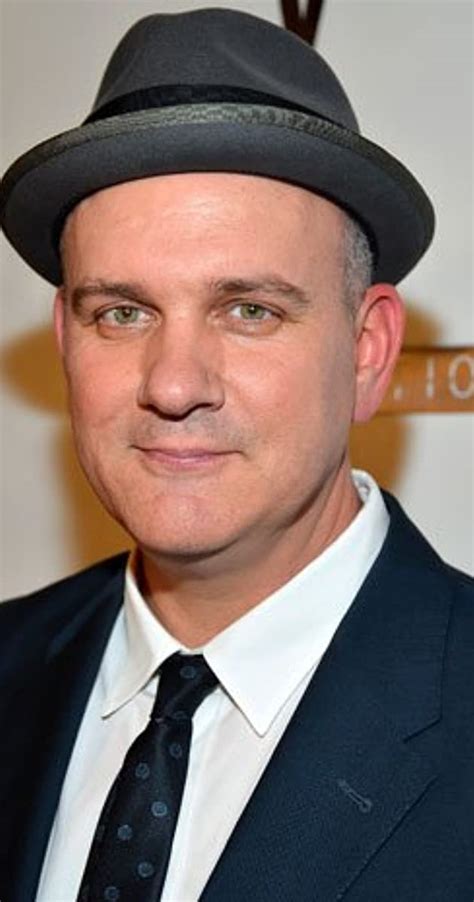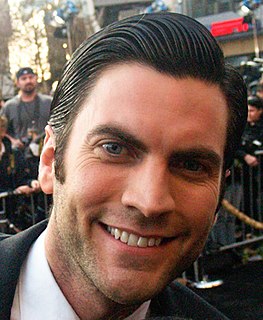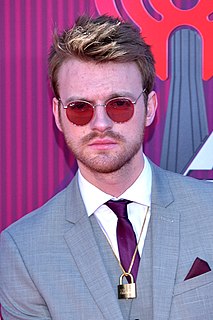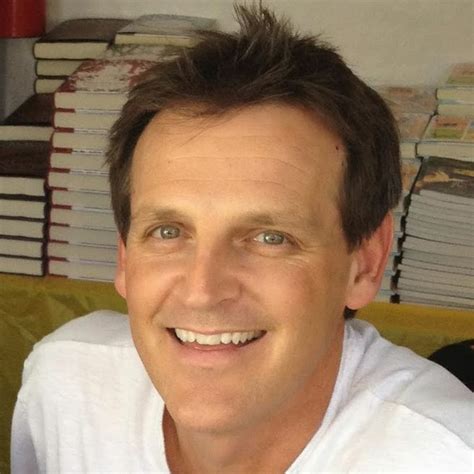A Quote by Janet Frame
The only certainty about writing and trying to be a writer is that it has to be done, not dreamed of or planned and never written, or talked about (the ego eventually falls apart like a soaked sponge), but simply written; it's a dreadful, awful fact that writing is like any other work.
Related Quotes
There have been plenty of things that I've written that other people haven't cared about, but it hasn't stopped me from being a writer. So, I don't even think about other people. I'm just interested writing about human beings so if somebody calls and says, 'We'd like you to do it,' I'd say, 'That sounds like a cool idea.'
My feeling is that, and I've been writing about my family over the years, although it might make them feel uncomfortable, people generally like to be written about. If I've written a song about the family, they enjoy being mentioned in the songs. Nobody's confronted me and said 'don't write any songs about me.
THE WRITER can get free of his writing only by using it, that is, by reading oneself. As if the aim of writing were to use what is already written as a launching pad for reading the writing to come. Moreover, what he has written is read in the process, hence constantly modified by his reading. The book is an unbearable totality. I write against a background of facets.
You want to have the experience. As far as the creative side, the more I do this, the more I know that it's all about the writing. You got on a film sometimes and it's sort of half-written, and they expect and think that the actor's job is to bring the extra part and the good part. It's not. We're good at saying what other people have written, but for the majority of it, that's about it, comedians aside. It's all in the writing. Whether that's dialogue or character, or whatever, it doesn't matter. As long as they've done something special, than you can do something special.
Writing, for me, when I'm writing in the first-person, is like a form of acting. So as I'm writing, the character or self I'm writing about and my whole self - when I began the book - become entwined. It's soon hard to tell them apart. The voice I'm trying to explore directs my own perceptions and thoughts.
You know, my problem with most screenwriting is it is a blueprint. It's like they're afraid to write the damn thing. And I'm a writer. That's what I do. I want it to be written. I want it to work on the page first and foremost. So when I'm writing the script, I'm not thinking about the viewer watching the movie. I'm thinking about the reader reading the script.
The main rule of writing is that if you do it with enough assurance and confidence, you’re allowed to do whatever you like. (That may be a rule for life as well as for writing. But it’s definitely true for writing.) So write your story as it needs to be written. Write it honestly, and tell it as best you can. I’m not sure that there are any other rules. Not ones that matter.





































